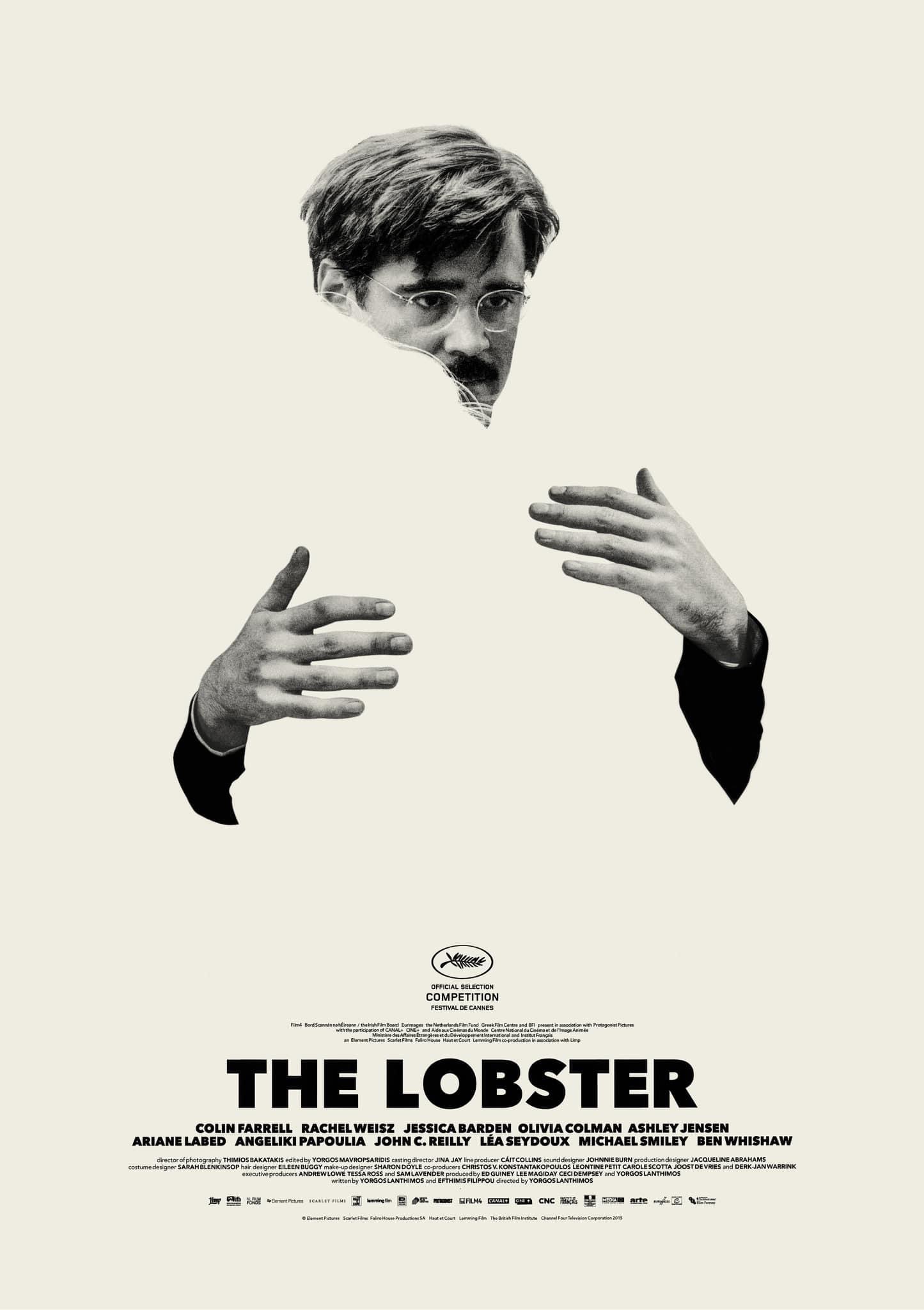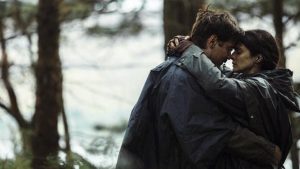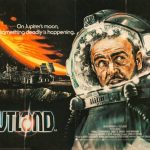The Lobster (2015)

The Lobster (2015), directed by Yorgos Lanthimos, is a surreal and darkly comedic exploration of love, societal norms, and the absurdity of human relationships. Set in a dystopian near-future, the film presents a chilling and often bizarre world where being single is illegal, and individuals are forced to find a romantic partner within 45 days or face transformation into an animal of their choosing. The film stars Colin Farrell, Rachel Weisz, and Olivia Colman, among others, and has garnered critical acclaim for its unique premise, stark visual style, and thought-provoking themes.
Suggested videos for you:
Plot Overview
The narrative begins in a sterile, almost clinical hotel where singles gather in search of a romantic connection. Each guest must adhere to strict rules and undergo bizarre “coupling” exercises, which are often comically absurd. The protagonist, David (Colin Farrell), arrives at the hotel following his wife’s departure. He is a man struggling with the societal pressures to conform to a particular romantic ideal. With a rather mundane demeanor, he grapples with the fear of solitude and the absurdity of the rules governing this society.
As the story unfolds, David attempts to find a partner among the other hotel guests, engaging in increasingly strange and awkward social experiments designed to enforce connection. The absurdity escalates with the arrival of a rival named the Limping Man (Ben Whishaw), who employs cunning tactics to win the affection of women.
After failing to form a lasting bond, David escapes into the woods, where he encounters a group of rebels known as the “Loners.” This group rejects the rigid conventions of the hotel and represents an alternative approach to love and relationships. It is here that David meets the Short-Sighted Woman (Rachel Weisz), and their relationship unfolds in a setting that is both liberating and fraught with danger.
Themes and Symbolism
At its core, “The Lobster” explores the absurdity of love and the societal pressures that dictate personal relationships. Lanthimos critiques modern dating culture, showcasing the lengths individuals go to for companionship, often at the cost of authenticity. The film portrays love as a commodity subject to societal expectations, leading characters to engage in superficial interactions rather than genuine connections.
The choice of animals for transformation is laden with symbolism. Each character’s chosen animal reflects their personalities and desires. David’s initial choice of a lobster is significant; lobsters are known for their long lifespans and ability to mate for life, which contrasts sharply with the transient and transactional nature of relationships in the film. The transformation process serves as a metaphor for the loss of individuality and the conformity required to fit societal norms.
Additionally, the film comments on the nature of loneliness and the fear of being single. The characters are depicted as desperate and often absurd, illustrating the extremes to which people will go to avoid solitude. The juxtaposition of the stark hotel environment against the wild, liberated forest accentuates the tension between societal constraints and personal freedom.
Visual Style and Direction
Yorgos Lanthimos employs a distinctive visual style that enhances the film’s themes. The cinematography, led by Robbie Ryan, features a muted color palette, emphasizing the bleakness of the hotel and the harsh realities of the characters’ lives. The framing often feels detached, echoing the emotional distance between characters and the absurdity of their situations.
Lanthimos’s direction is characterized by a deadpan sense of humor that permeates the film. The dialogue is deliberately stilted, creating an unsettling yet comedic atmosphere. The absurdity of the situations, combined with the characters’ unemotional delivery, amplifies the film’s critique of societal norms and the often absurd nature of human relationships.
Performances
The performances in “The Lobster” are integral to its impact. Colin Farrell delivers a nuanced portrayal of David, navigating the character’s internal struggle between conformity and genuine desire. His transformation from a disheartened and awkward individual to someone seeking true connection is both compelling and poignant. Rachel Weisz complements Farrell’s performance beautifully as the Short-Sighted Woman, embodying a sense of vulnerability and strength.
The supporting cast, including Olivia Colman as the hotel’s manager and John C. Reilly as a fellow guest, adds depth to the narrative. Each character’s idiosyncrasies contribute to the film’s exploration of love and the absurdity of societal expectations.
Conclusion
“The Lobster” is a daring and thought-provoking film that challenges conventional notions of love and relationships. With its unique premise, dark humor, and surreal visuals, it offers a satirical yet poignant reflection on the human condition. Lanthimos’s ability to blend absurdity with emotional depth makes “The Lobster” a standout work in contemporary cinema.
The film’s exploration of societal pressures and the lengths individuals will go to avoid loneliness resonates deeply, prompting audiences to reflect on their own relationships and the often arbitrary constructs of love. Ultimately, “The Lobster” is not just a commentary on romance; it is a profound exploration of what it means to be human in a world that often prioritizes conformity over authenticity.










